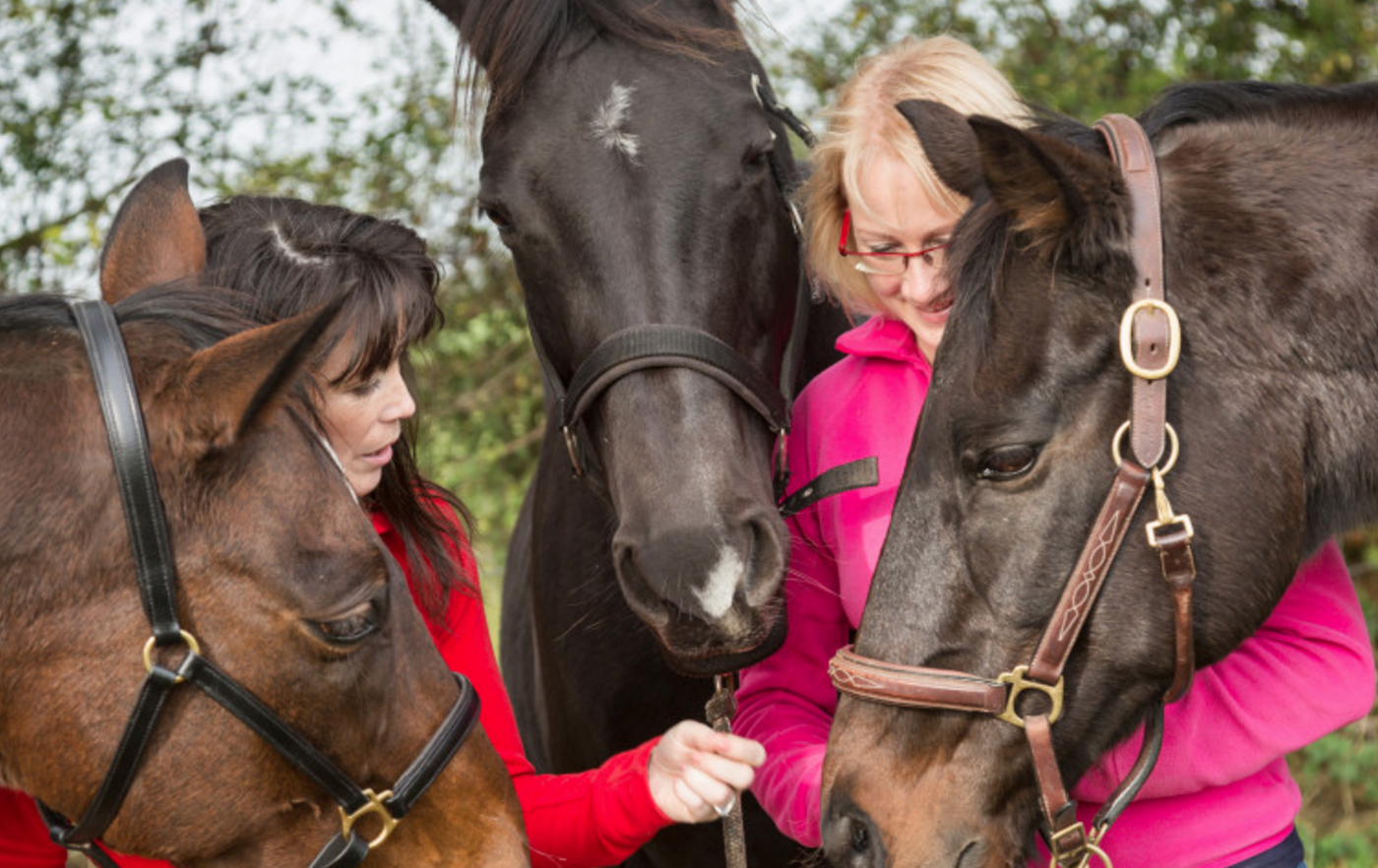When did you join Kempton Park?
I joined Kempton Park Racecourse on 1 August 2008, having previously worked for the Jockey Club at Huntingdon Racecourse. I started working for the Jockey Club in June 2005.
What were your plans for the company?
I think the plan was about broadening the appeal of racing at Kempton Park: making Kempton Park famous in order to generate more interest and encourage people to come to racing.
How was the business running when you joined?
Certainly the brief was to increase the profitability of the business through making it more efficient: control costs while maximising incomes, that’s really the brief that I came in with and that’s the strategy that underpins everything we do here at Kempton Park. We then set about formulating a strategic business plan – where do we want to be and how are we going to get there?
How did you go about attracting a broader range of people?
We partnered with a London-based PR company and the brief was to make Kempton Park famous and to think outside the box in terms of generating interest, and ultimately, getting people to come and visit the racecourse.
There were two projects that we undertook in 2009. One of them was the world’s first ever race to music in which we partnered with the Royal Philharmonic Orchestra. For the night, we held a race to the William Tell overture. It was amazing and it was great for racing.
The race took racing out of the racing/sports pages and put it into mainstream news. It was talked about on the Jonathan Ross show. That, in turn, delivered on the night a fantastic race day experience for all the people who came along. It also brought a new audience into racing.
Actually, what underpins the strategy here at Kempton Park is to get people here, and make sure that when they are here, they have a good experience with a view that they will come back in the future.
What other events do you hold?
In 2011, we will host Olly Murs here in August, then it’s Ladies’ Day in September, and then we have our biggest race meeting of the year, the William Hill winter festival in December where we have more than 30,000 visitors coming over two days.
Racing and sports businesses need to be diverse businesses and outside of the core racing product we need to highlight different opportunities and use those opportunities to the business’s advantage. At Kempton Park, we have a weekly general market, which is a bi-monthly antiques fair that has been rated the top five in the world for antiques fairs.
What’s great about Kempton Park being owned by the Jockey Club is all profits that we make are reinvested back into racing. The turnover of the Jockey Club is £138 million. In the past seven years, we have invested £145 million into our facilities. Of which, £20 million was spent at Kempton Park when we redeveloped the all-weather surface alongside the jump racing surface in 2006.
Have you been met with any resistance in the horseracing world?
It would be fair to say that I challenged the mould, but at the end of the day I feel privileged to work for the Jockey Club and I feel privileged to be the MD of Kempton Park. Everyday it’s about running the business to the best of my ability. I’ve never found being a girl to be a disadvantage because I’m good at what I do – the reason that I’m the managing director of Kempton Park is because the Jockey Club recognises that.
What are your plans for the next five years?
We’ve got some really exciting plans here at Kempton Park. We are upgrading our facilities within the main grandstand and we are partnering with some high street brands so that whether you are here for a conference or to enjoy racing, your experience is in line with other experiences.
We’re looking to develop our conferencing and events business, and our race business. We have 400 acres here so we can meet any person’s events needs. The overarching plan is to move the business forward and to increase its popularity over the next five to ten years.
Will you continue to innovate?
You have to do things differently. In a competitive market you have to stand out from the crowd and being here is about ensuring that Kempton is innovative, does do things differently, stands out from the crowd.






